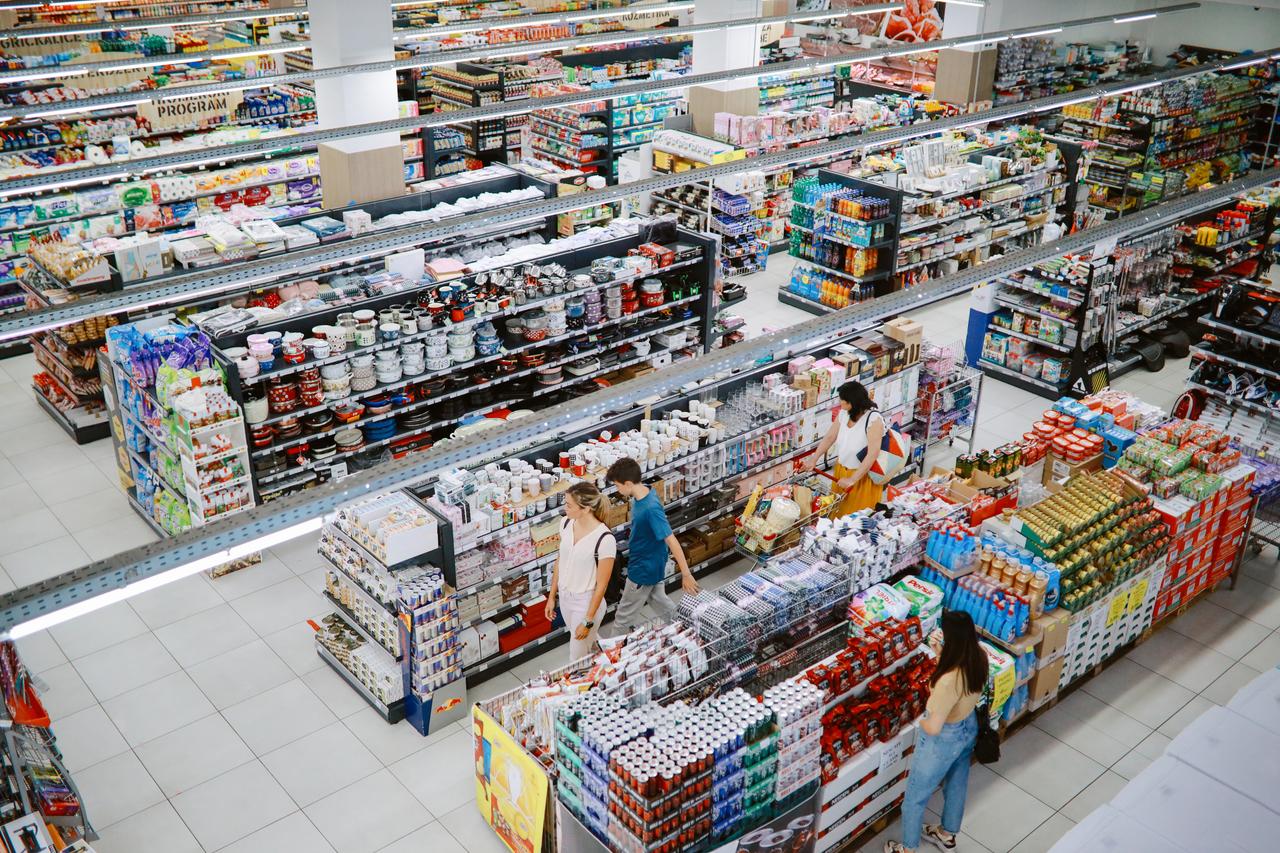Social risks have increased around the world, mainly due to the rising cost of living. The gap between advanced economies and emerging markets has also widened further. This is the outcome from our latest report on the Social Resilience Index.
12 indicators were used to measure the economic and social resilience of 185 countries. Compared to 2021, the index fell by 2.1 points in 2023. This average is also almost equal to that of Belgium (-2.2 points), which is narrowly in the top 20 of the most efficient'. Denmark tops the list of most socially resilient countries, followed by Finland and Switzerland. The neighbouring country, the Netherlands, which has seen the greatest improvement of all Western economies, enters the top 10. The Grand Duchy of Luxembourg is in 7th position.




